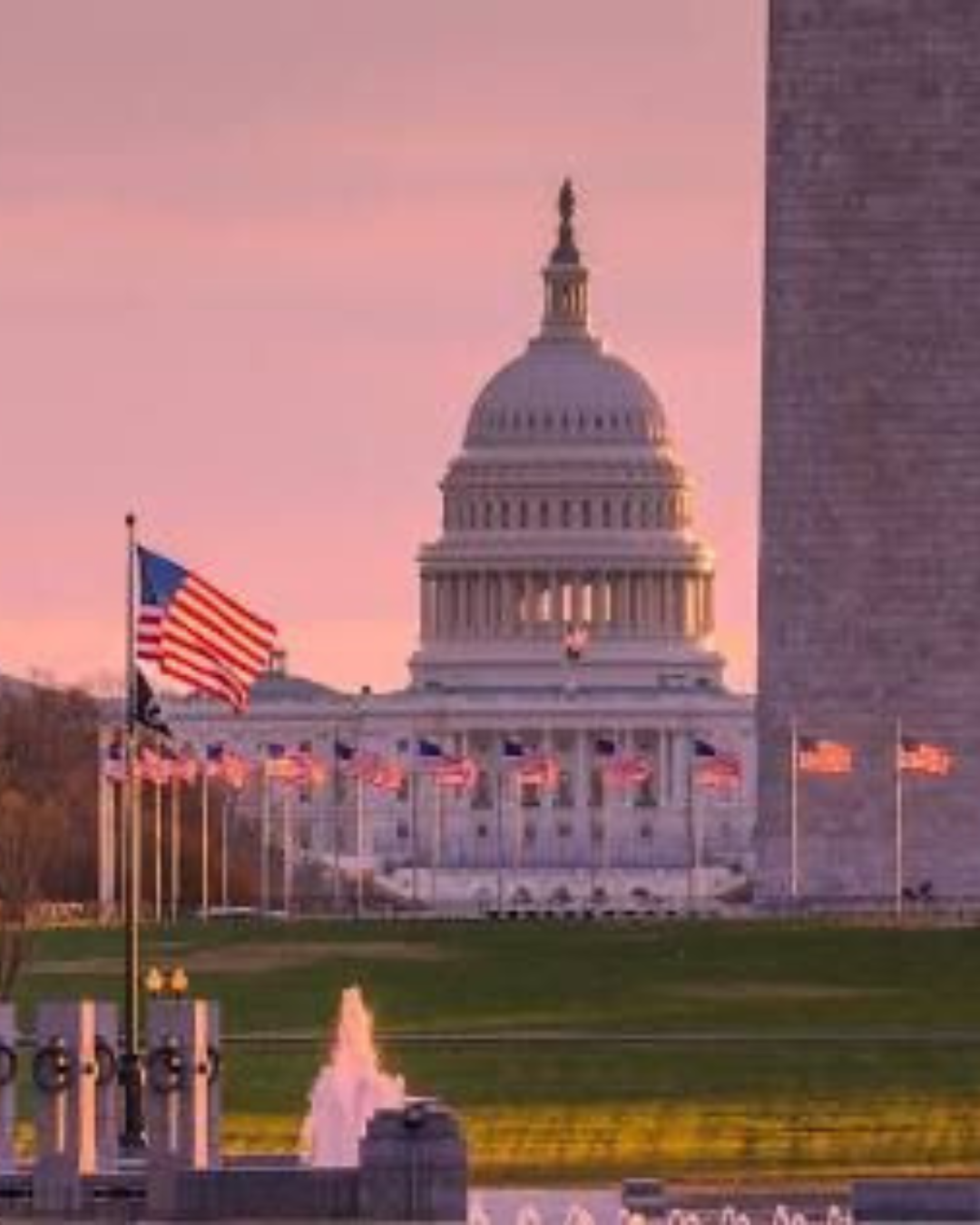GAZA CITY, Gaza Strip – Hamas security forces have returned to the streets of Gaza in a violent show of force, clashing with armed gangs and carrying out extrajudicial killings in a bid to restore order in the power vacuum left by withdrawing Israeli troops. The move, welcomed by some war-weary Palestinians, risks shattering a fragile ceasefire and puts the militant group on a direct collision course with Israel and the United States.
The resurgence of Hamas police, who largely melted away during Israel’s recent offensive, marks a significant attempt to reestablish its authority. Over the weekend, intense clashes erupted in Gaza City between Hamas fighters and a powerful armed group affiliated with the Doghmush family. The violence, which left nearly two dozen dead including a local journalist, was triggered by the killing of a Hamas militant and widespread accusations that gangs were looting aid and terrorizing residents.
The Hamas-run Sahm security force shared footage online that appeared to show its forces executing eight alleged gang members in the street as onlookers cheered, a move condemned by Palestinian human rights groups as extrajudicial killings.
For some Gazans, the return of a single authority is a relief after months of lawlessness.
“We have seen police return to the streets,” said Saeed Abu Elaish, a medic who fled to central Gaza. He welcomed it as a first step toward restoring “some kind of normalcy and safety” after two years of ruinous war.
The chaos Hamas is now targeting sprang up in areas recently controlled by the Israeli military. Powerful local families and armed gangs—some with alleged backing from Israel—filled the security void, often hijacking humanitarian aid convoys and selling supplies for profit, exacerbating the territory’s starvation crisis.
Nahed Sheheiber, head of Gaza’s private truckers union, accused these gangs of operating “under the protection of the (Israeli) occupation” in evacuated areas known as “red zones.” The Israeli military did not respond to a request for comment.
However, Hamas’s violent reemergence directly challenges the terms of the U.S.-brokered ceasefire. All living hostages from Hamas’s October 7, 2023, attack have been released, but Israeli Prime Minister Benjamin Netanyahu has repeatedly stated the war will not end permanently until Hamas is dismantled.
U.S. President Donald Trump’s ceasefire plan explicitly demands that Hamas disarm and hand power to an internationally supervised body, which has yet to be formed.
On Tuesday, Trump offered a mixed reaction. He acknowledged that Hamas had taken out “a couple of gangs that were very bad,” adding, “That didn’t bother me much, to be honest with you.” But he swiftly reiterated his ultimatum: “They will disarm, and if they don’t do so, we will disarm them, and it’ll happen quickly and perhaps violently.”
Hamas has not fully accepted the disarmament terms, stating that more negotiations are needed. The group says it is willing to hand over power to other Palestinians but will not allow chaos to prevail during the transition. According to Arab officials familiar with the sensitive talks, Hamas has expressed a willingness to hand over offensive weapons like rockets to a Palestinian or Arab body but insists it needs lighter arms like assault rifles for self-defense.
This stance feeds Israeli fears that an armed Hamas will continue to exercise decisive influence in Gaza and eventually rebuild its military capabilities, even under nominal independent rule.
Complicating the disarmament talks is the presence of anti-Hamas militias. Hossam al-Astal, the leader of one such group in southern Gaza with apparent Israeli links, openly rejected a Hamas amnesty offer for gang members, writing on Facebook: “To all the Hamas rats… Repent before it is too late — there is no Hamas from today onward.”
As Hamas issues a “final warning” to armed groups and Netanyahu hints at renewed military operations if Hamas is not disarmed, the battle for Gaza’s streets has become inextricably linked to the fate of its fragile peace. The militant group’s success in imposing order may ironically be the very thing that provokes the next war.











